Ever wonder why your heat pump runs but never makes the house feel cool? You’re not alone. A lot of homeowners hit this snag, and most of the time the solution is easier than you think. Below we walk through the most common reasons a unit won’t cool and give you a checklist you can try before you call a technician.
First, check the thermostat. If it’s set to “heat” instead of “cool,” the pump will keep blowing warm air. It sounds silly, but a quick spin of the dial can save you a service call.
Next, look at the outdoor unit. Dirt, leaves, or debris can block airflow and make the compressor overheat. Turn off the power, spray a gentle hose of water, and wipe away any buildup. A clean coil transfers heat much more efficiently.
Low refrigerant is another frequent culprit. When the system leaks, the pressure drops and the pump can’t remove heat. You might notice ice forming on the indoor coil. In this case, you’ll need a professional to locate the leak and recharge the system.
Check the air filter inside the house. A clogged filter restricts airflow, forcing the system to work harder and often leading to warm air. Replace the filter every one to three months – it’s a cheap habit that pays off.
Turn the breaker off for a minute, then flip it back on. This reset can clear minor electronic glitches that keep the unit from switching to cooling mode.
Listen for the fan. If the outdoor fan isn’t running, the compressor can’t dump heat outside. Make sure the fan blades spin freely and that the motor isn’t seized. If the fan motor hums but doesn’t turn, a capacitor may be dead – a small part you can replace yourself if you’re comfortable with basic electrical work.
Check the condensate drain. A blocked drain can cause the system to shut down as a safety measure. Locate the drain line (usually a PVC pipe near the indoor unit) and pour a cup of bleach mixed with water to clear any slime.
If the above steps don’t solve the problem, it’s time to call an expert. Look for a certified HVAC technician who knows local regulations and can handle refrigerant safely.
While heat pumps get most of the attention, similar “not cooling” issues happen with fridges, freezers, and air conditioners. The same principles apply: clean the coils, check the thermostat, replace filters, and make sure the fan runs. A quick visual inspection often points you in the right direction.
Bottom line: most cooling problems have a simple cause you can spot in minutes. Keep a basic maintenance routine – clean coils, change filters, and reset the unit – and you’ll avoid costly repairs and stay comfortable all summer long.
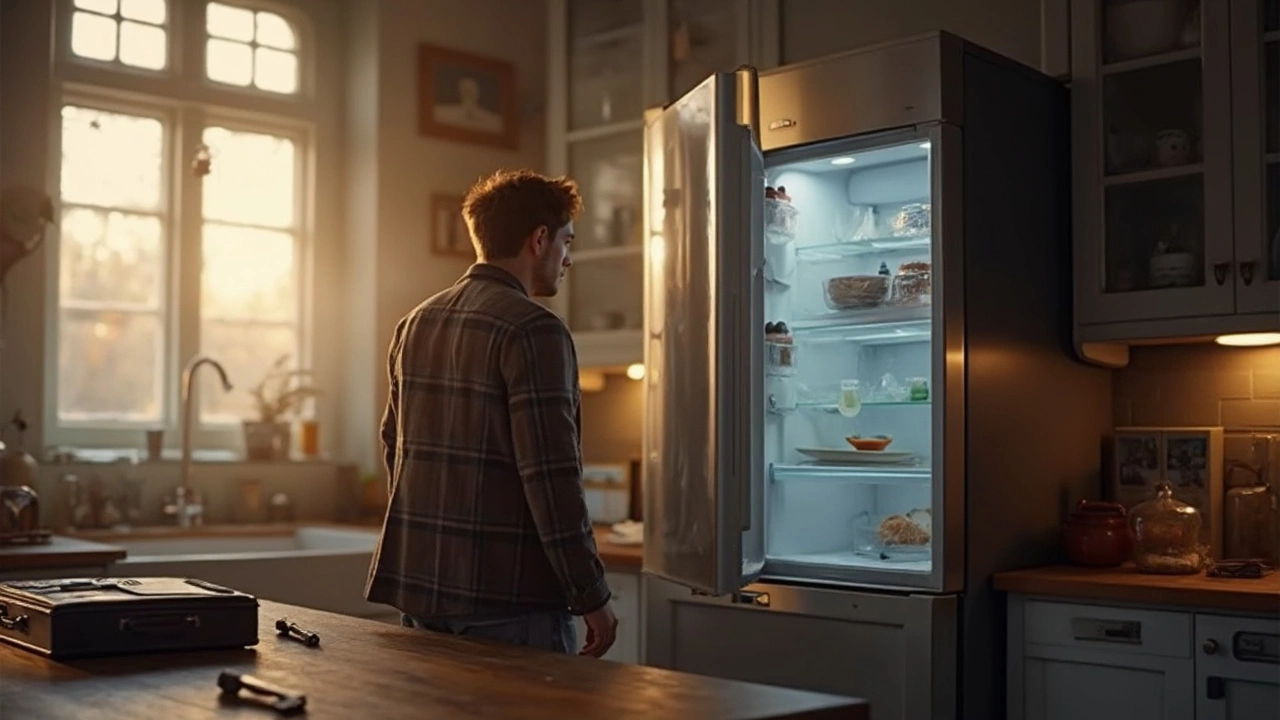
If your freezer isn't doing its one job—keeping things cold—you're in a pickle. But before you start shopping for a new one, there are a few things you might try to get it back to work. From checking the power source to cleaning coils, fixing cooling problems can often be simple and straightforward. Let's explore some potential solutions to get your freezer chilling again.
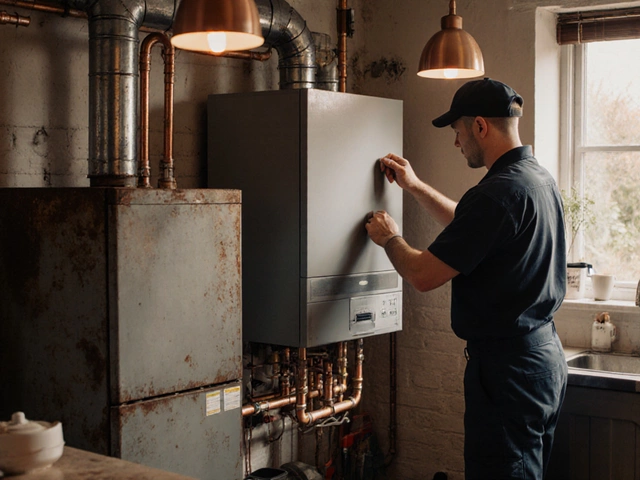
Find out how much a new boiler costs in 2025, including prices by type, installation fees, rebates, and how to avoid overpaying. Learn when to replace your boiler and what to look for in a quote.
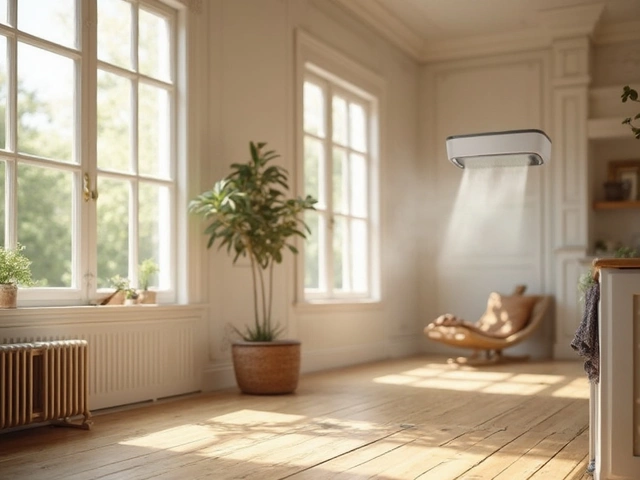
Trying to figure out if you need a ventilation fan or an extractor fan? This article breaks down the differences between the two, explains how each one works, and shares tips for choosing and maintaining the right fan for your home. You’ll also pick up advice on recognizing issues, making easy repairs, and knowing when it's time to replace. If you’ve got problems with humidity, bad smells, or stuffy air, this guide is for you.
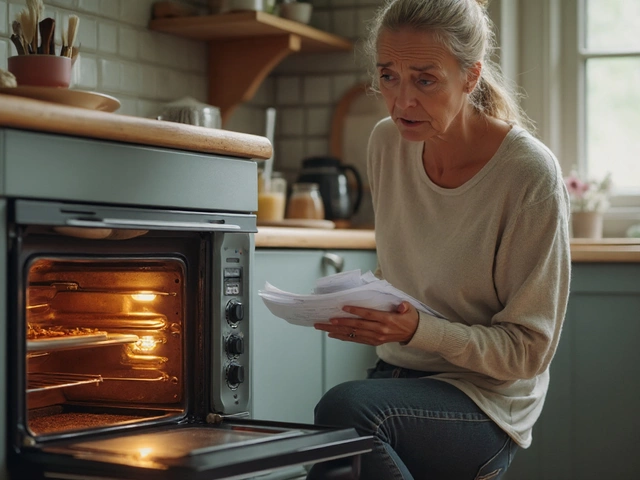
Got an electric oven that's not heating? Discover the most common issues, why they happen, and how you can fix or prevent them without calling a pro.

When your dryer suddenly stops working or leaves your laundry sopping wet, it’s tough to know what your best next step is. Should you call in a repair service, try a DIY fix, or bite the bullet and shop for a new one? This article breaks down the real costs, tells you what repairs make sense, and gives you actionable tips so you don’t spend more than you have to. It covers which common dryer issues can be fixed on a budget, when to say goodbye to a worn-out machine, and how to make smart decisions that save time, money, and hassle.
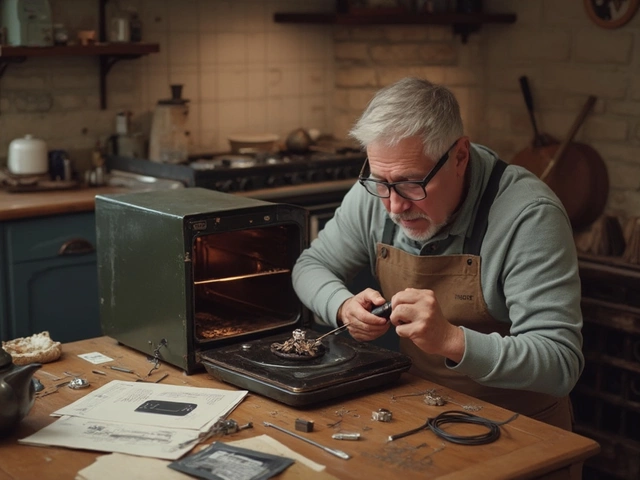
Oven troubles can throw a wrench in your meal plans. From a faulty heating element to problematic door hinges, diagnosing oven issues doesn't have to be daunting. This guide helps you identify and address common electric oven problems. Learn when a DIY fix is safe and when it's time to consult a professional. Simple steps and practical tips get you on your way to a working oven.